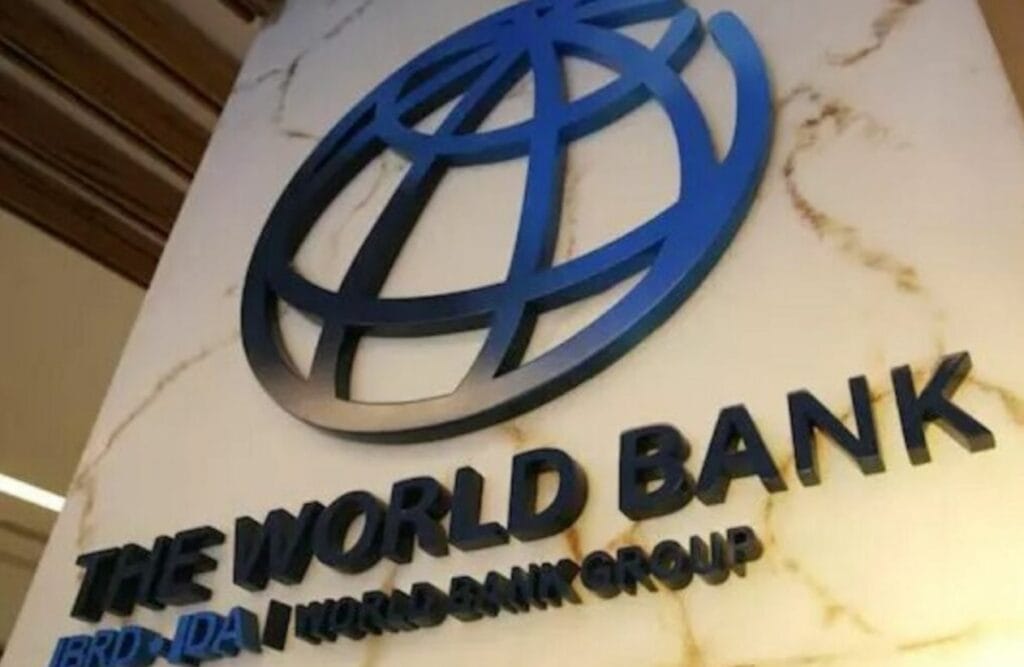In the face of economic and climate challenges, the World Bank reaffirms its commitment to human capital development in Morocco. A new financing of 600 million dollars has just been approved for the third phase of the program aimed at strengthening the country’s resilience and supporting its social reforms.
A strategic support for a more resilient Morocco
Since 2020, Morocco has had to deal with a series of crises: COVID-19 pandemic, inflation, fluctuations in raw materials, devastating earthquake, and prolonged droughts. To address these challenges, the country has initiated major reforms aligned with the New Development Model (NMD) to establish more inclusive growth.
This new financial support aims at several key objectives:
- Strengthen protection against health risks with the extension of mandatory health insurance,
- Improve health services and ensure better distribution of medical professionals,
- Reduce poverty among the elderly through expanded pension coverage,
- Enhance resilience to climate shocks, particularly by supporting rural populations.
A growing social coverage
The first two phases of the program, approved in June 2022 and December 2023, have supported major reforms, including the generalization of mandatory health insurance and the creation of a direct social assistance program.
With this third phase, Morocco continues its progress towards universal health coverage, based on a unified system managed by the National Social Security Fund (CNSS). Today, 75% of the population already benefits from health coverage, but challenges remain for self-employed workers.
Moreover, the Direct Social Assistance Program, led by the new National Agency for Social Support (ANSS), aims to cover up to 60% of households not eligible for family allowances.
A more fair and effective system
For Ahmadou Moustapha Ndiaye, director of the Maghreb and Malta division at the World Bank, this initiative marks a decisive advancement:
“Today, Morocco’s social protection system already allows about 75% of the population to access more affordable healthcare and over 40% of households to benefit from cash transfers. These reforms aim to make it more comprehensive, fairer, and more effective, particularly for the most vulnerable populations to climate hazards, including farmers.”
With this new financing, Morocco consolidates its social and economic transformation, betting on a resilient and inclusive development model.


